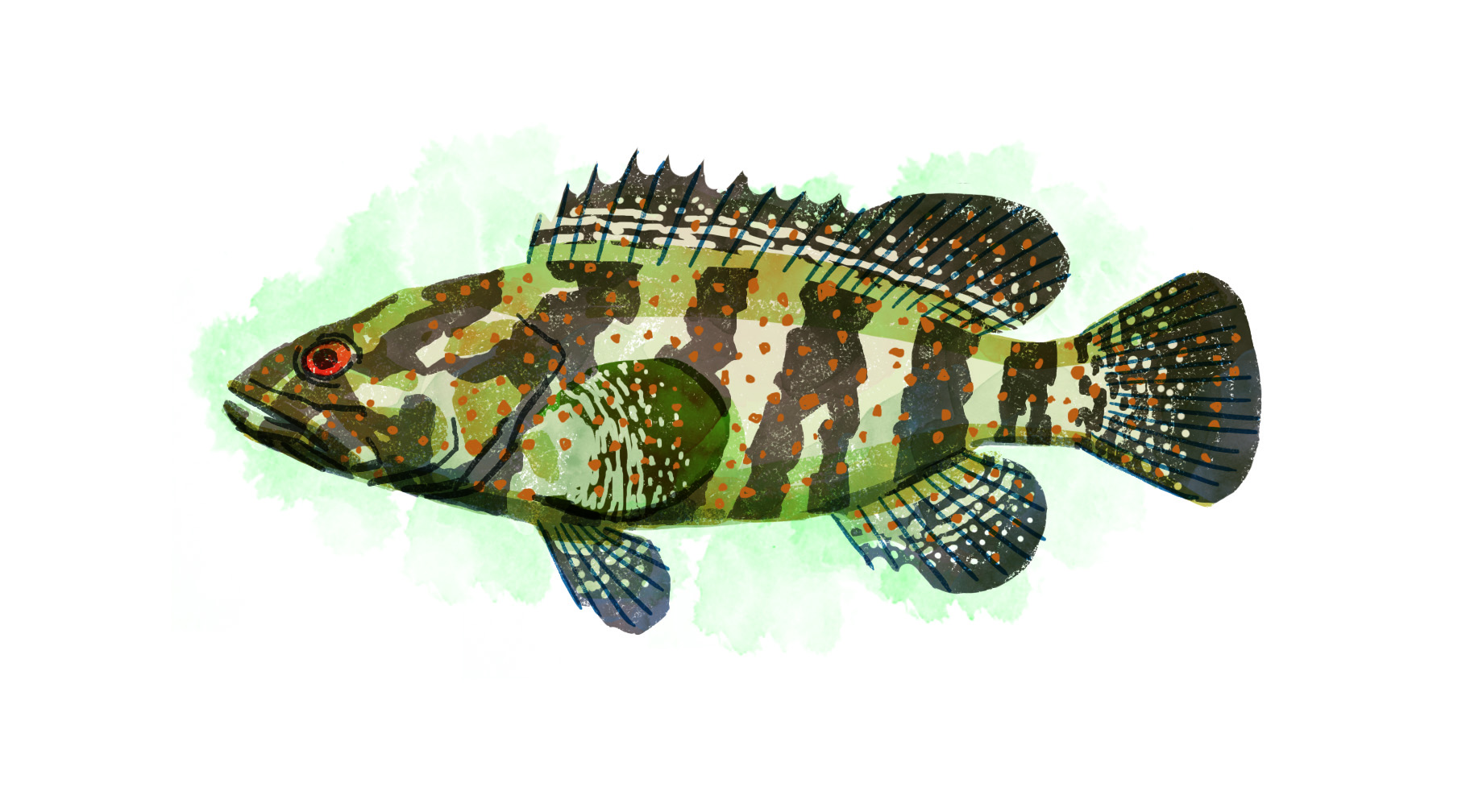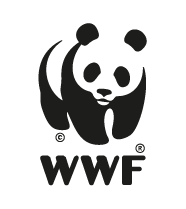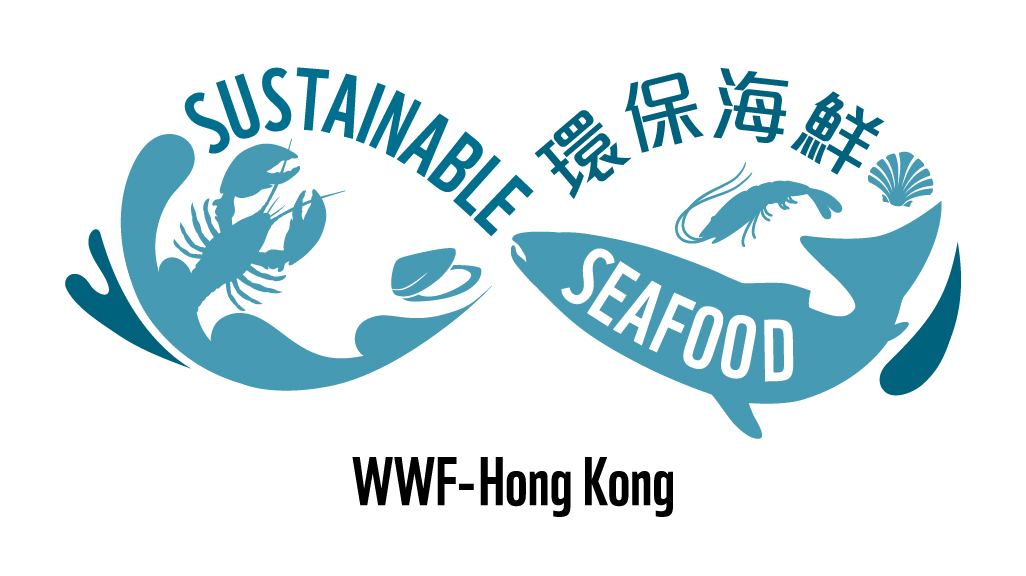
Most of the fry are collected from the wild, with the seeding mainly from overexploited stocks using destructive methods.
Farming orange-spotted grouper relies on feed input. The feed mainly consists of trash fish; hence the traceability is low. The fish-in-fish-out ratio is high, meaning that large amounts of fish are used as feed to produce one kilogram of grouper.
As an open system, grouper cage farming may cause high waste discharge that could negatively affect the surrounding environment. Farming groupers can cause alterations in areas of moderate ecological sensitivity. The escape risk is high, and the escape impact is low to moderate. Orange-spotted groupers could be subject to both viral and bacterial diseases and host various parasites. In order to treat different diseases, chemicals may still be in use.
Thailand’s overall regulatory framework is marginally effective. Nevertheless, there is continuous enforcement of local policies and regulations, mainly those that are related to land and water resources concerns with waste discharge, which are partly effective.

